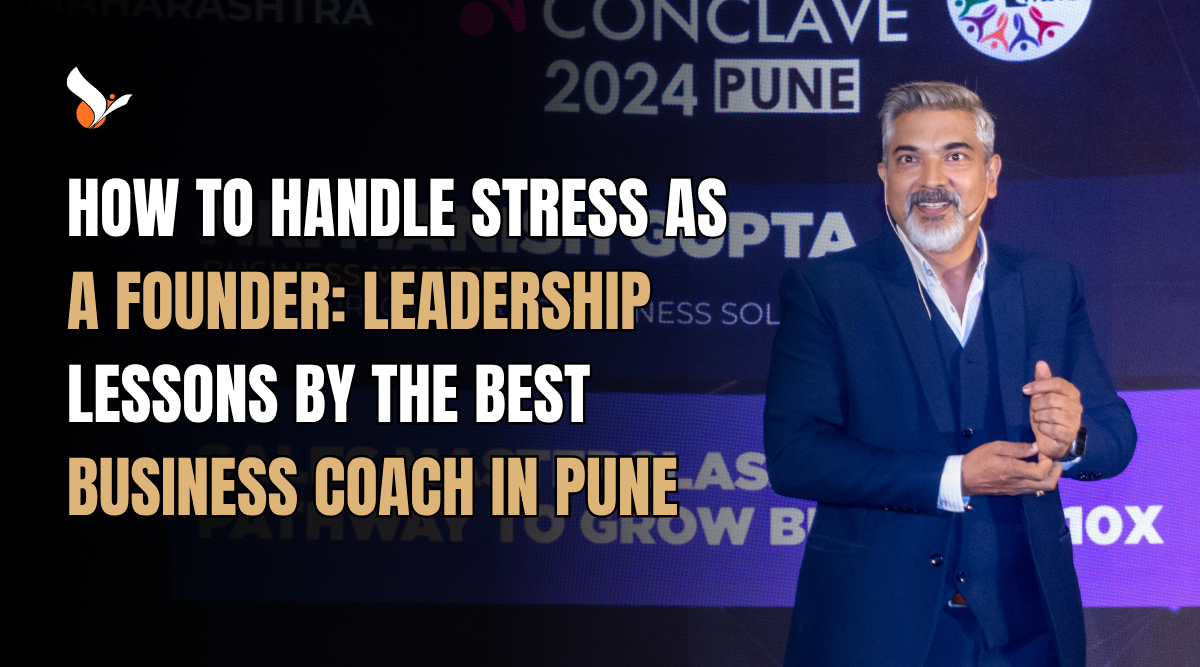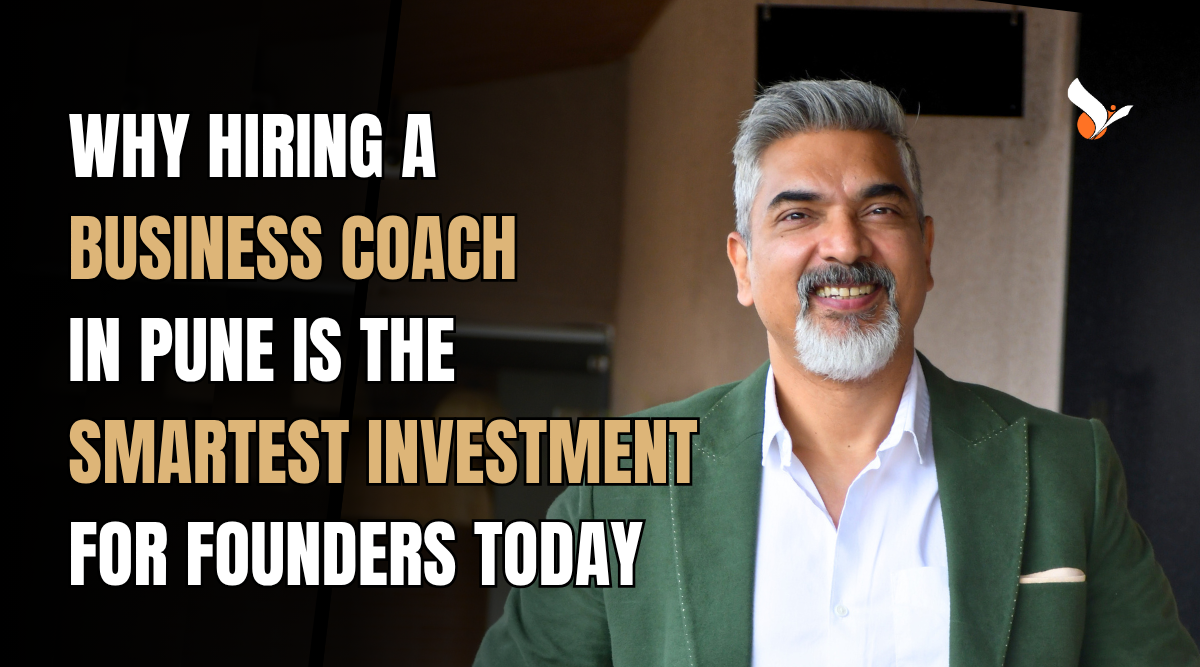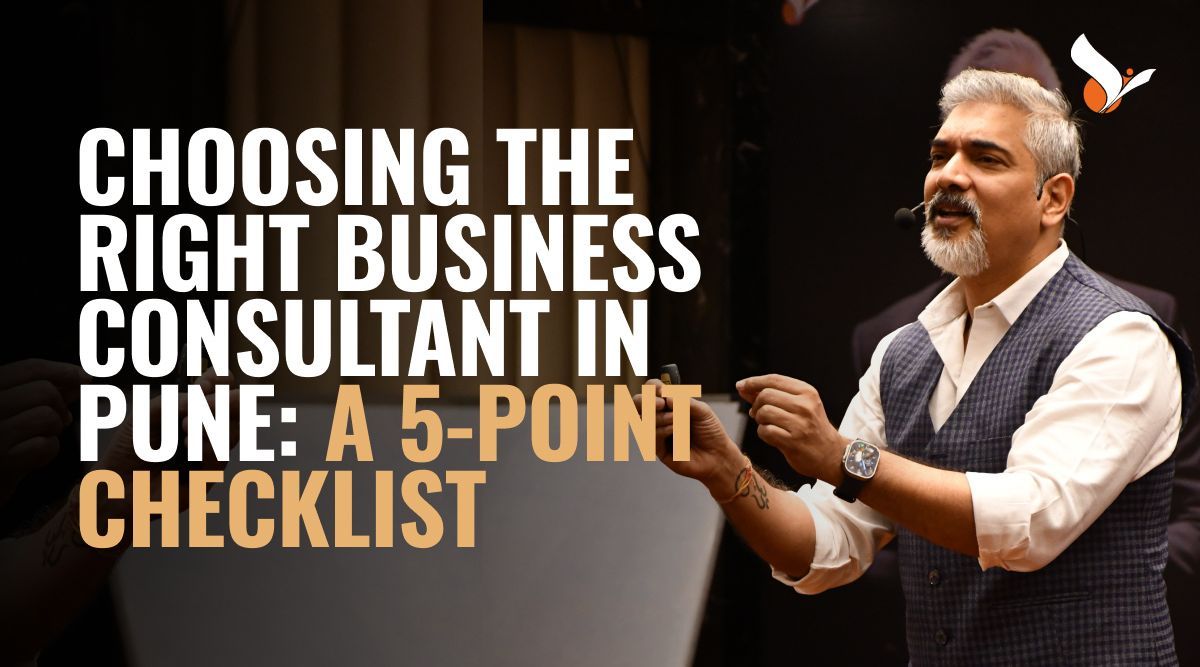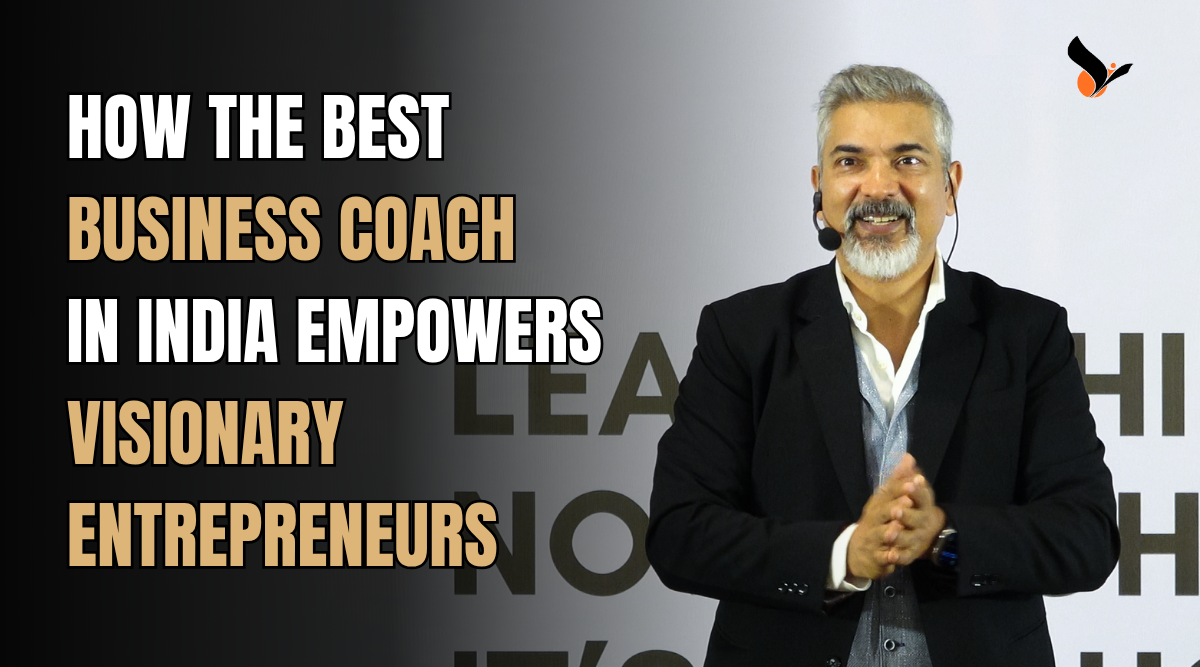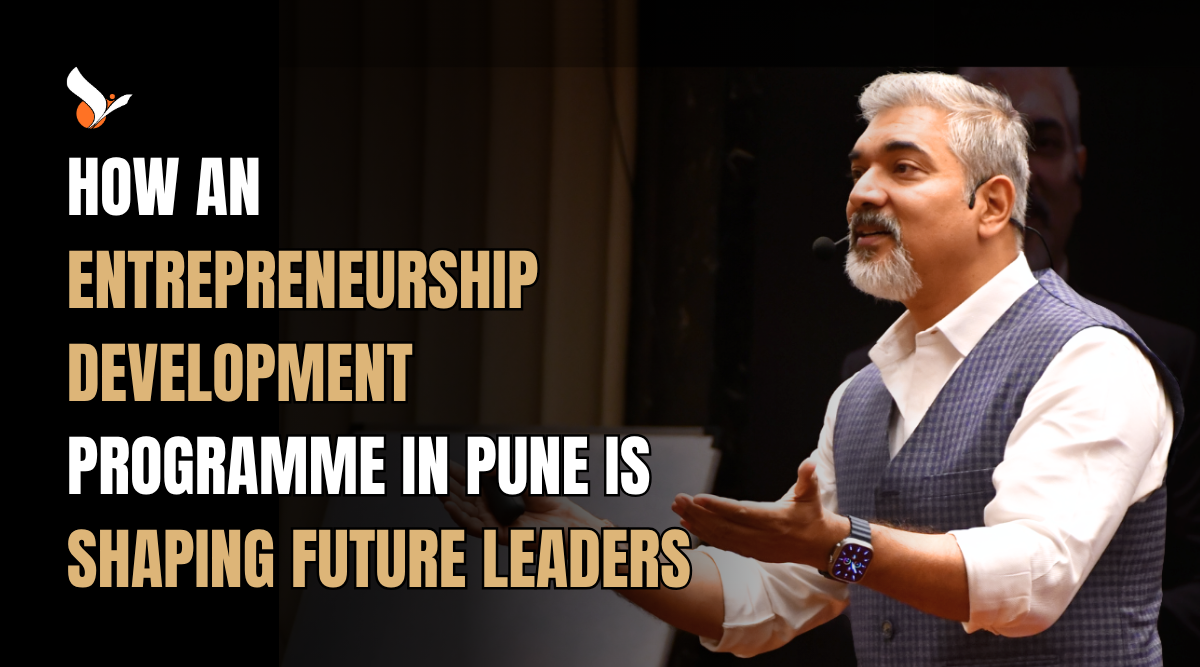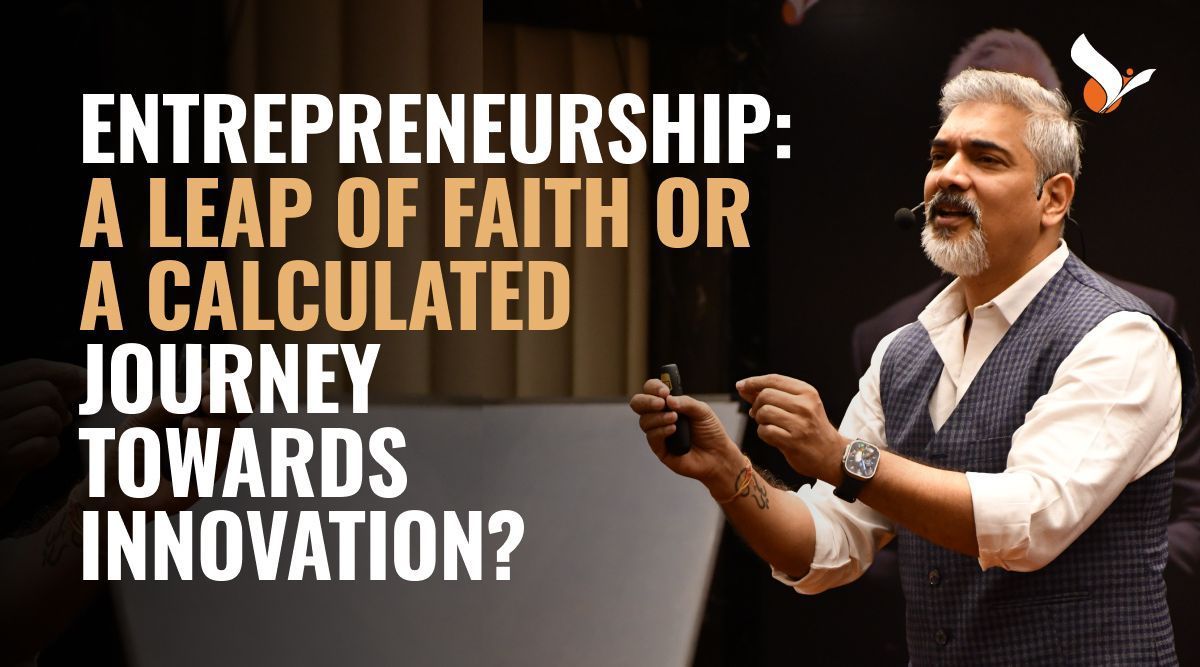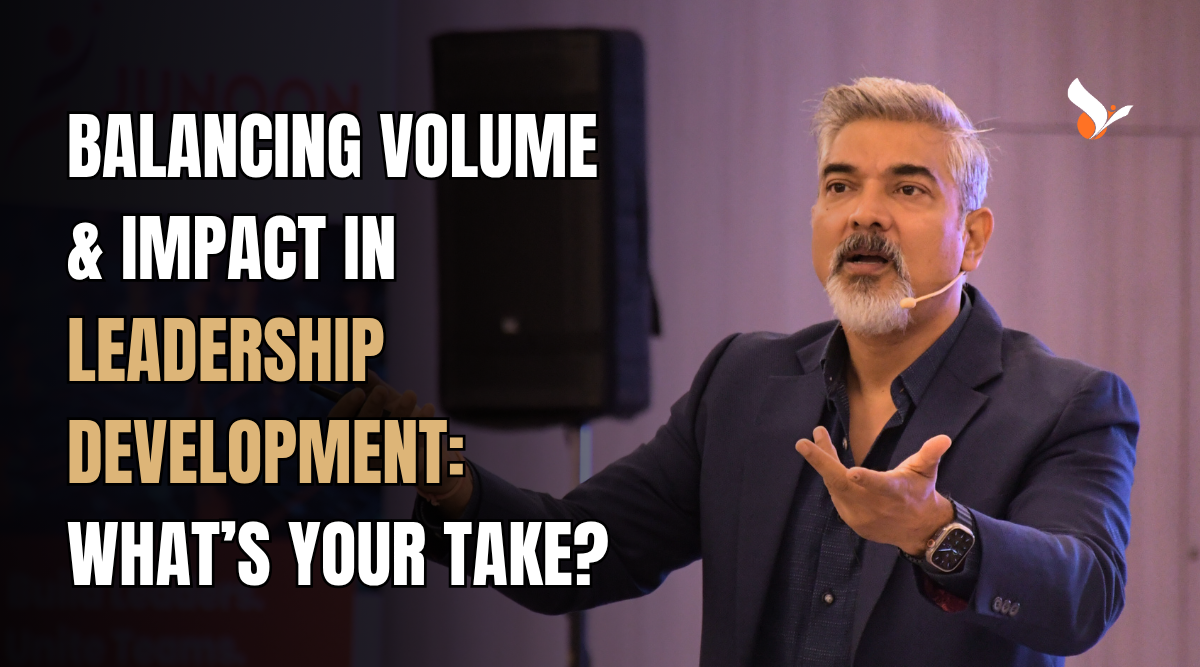An entrepreneur hires an employee on face value and fires him on the organization's values.
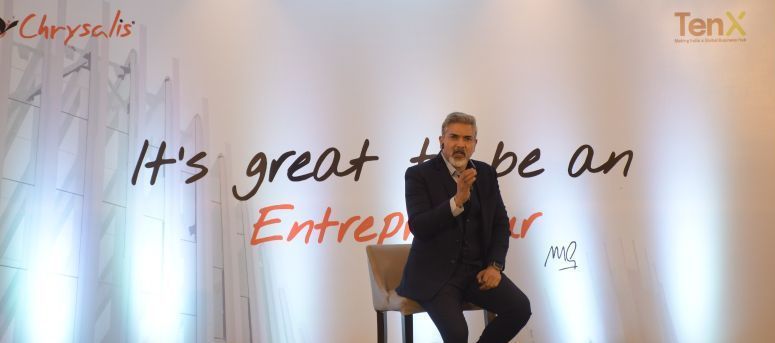
An entrepreneur hires an employee on face value and fires him on the organization's values.
Does this statement resonate with you as well?
Having had the opportunity to engage with entrepreneurs from various industries over the past 25 years, I have understood that this is a reality.
They say you can't judge a book by its cover, and hiring candidates based solely on their skills and qualifications is no exception! While hiring, the only tool that an entrepreneur has is a flawless resume and the technical skills mentioned therein, along with the tall claims that a candidate makes during the interview.
So how do you look beyond the resumes, beyond the technical skills, and beyond the statements that a prospective candidate makes during the interview process?
Hiring a candidate based on skills is a small part of the decision-making process, as skills can be imparted through training and development programs. The more crucial part is to understand their attitude, their ability to handle challenges, their approach towards collaborating with others, and their adaptability to the organization's culture.
As entrepreneurs, we need to work around a method that helps us understand whether a candidate can fit into our culture to increase the possibility of the candidate being retained, being productive, and contributing to the organization's objectives.
In this entire sequence, the first pre-requisite, which is mandatory, is to have the organization's ideology identified, written, and followed by the team.
If what it STANDS FOR is not in place, there is no guiding compass to gauge anyone.
A strong ideology will ensure that any new joinee will adapt to the existing culture of the organization.
If you have still not got your organization's core ideology in place, I strongly suggest that you identify it, communicate it to your team, and consciously work on percolating it down the line.
Do share your thoughts on how having a strong culture has aided in the growth of your business and vice versa...


